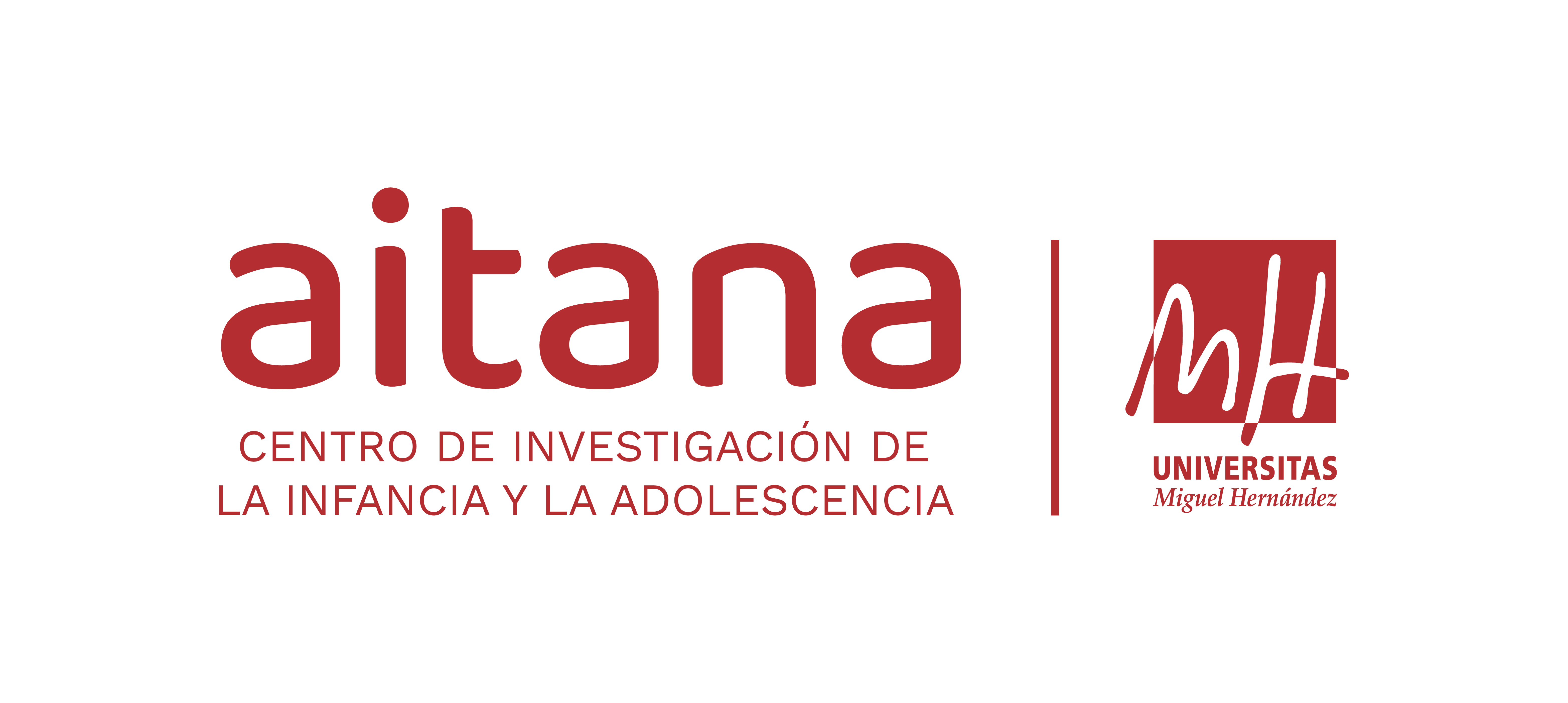The article by Retiz and team presents data on the validation of the Baby Pediatric Symptom Checklist (BPSC) in Spanish with vulnerable Peruvian children.
Methodology:
1,239 children aged 6 to 18 months (mean = 12.40 months; SD = 3.20) participated. The internal structure of the BPSC was evaluated using exploratory and confirmatory factor analysis. The children came from urban and rural contexts with high socioeconomic vulnerability.
Key Findings:
The EFA and CFA showed adequate internal structure validity with a three-factor solution. Adequate reliability was obtained for the BPSC factors (α = .82 – .84; ω = .81 – .87). Age group analyses (six to 12 months and 12 to 18 months) also revealed adequate functioning of the scale.
Conclusions:
The Spanish version of the BPSC is valid and reliable for assessing socioemotional development difficulties in Peruvian children in contexts of socioeconomic vulnerability.
This instrument provides a valuable tool for the early identification of socioemotional problems, crucial for timely interventions in high-risk environments.
The full article can be consulted here: https://www.revistapcna.com/sites/default/files/5_2404.pdf

